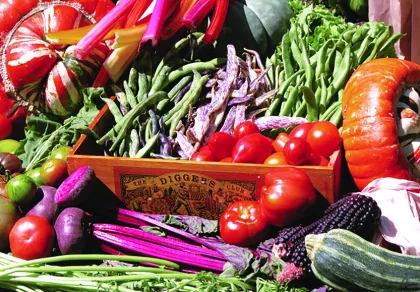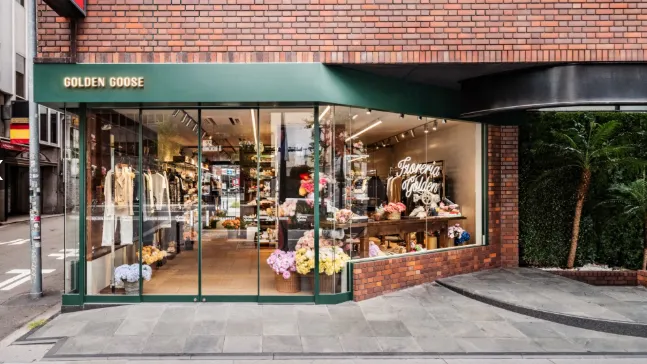
Two out of every five bags of groceries thrown away in Australia
A research study by RMIT University has found that 40% of all food shopping in Australia – which is equivalent to 2.7 million tonnes each year – is binned.
Australian households throw out an estimated two out of every five bags of groceries. The researchers blame the wastage on poor household planning and have urged consumers to plan better for home consumption, regardless of their socio-economic status.
The study mapped the week-long cycle of household food waste in 24 households across the Melbourne suburbs of Ivanhoe, Greensborough and Heidelberg West. It found that 50% of household waste identified in council rubbish bins was discarded food, with fresh fruit, vegetables, pre-prepared meals, bread and cereals the most common items thrown out each week.
By looking at how households bought, stored, prepared and disposed of food, lead researcher Associate Professor Karli Verghese and her team discovered poor planning was the main reason for the wastage.
The researchers found that buying more food than needed, poor storage, spoiled food, expired use-by dates and forgotten leftovers were other reasons food was thrown away.
“Understanding food waste is more about shifting the everyday practices of buying, cooking and storing food that generate waste and less about what is being put in the bin,” Verghese said.
The study found that there was little difference between the three demographically disparate suburbs, which indicates food waste is a universal problem.



















 Advertise
Advertise






